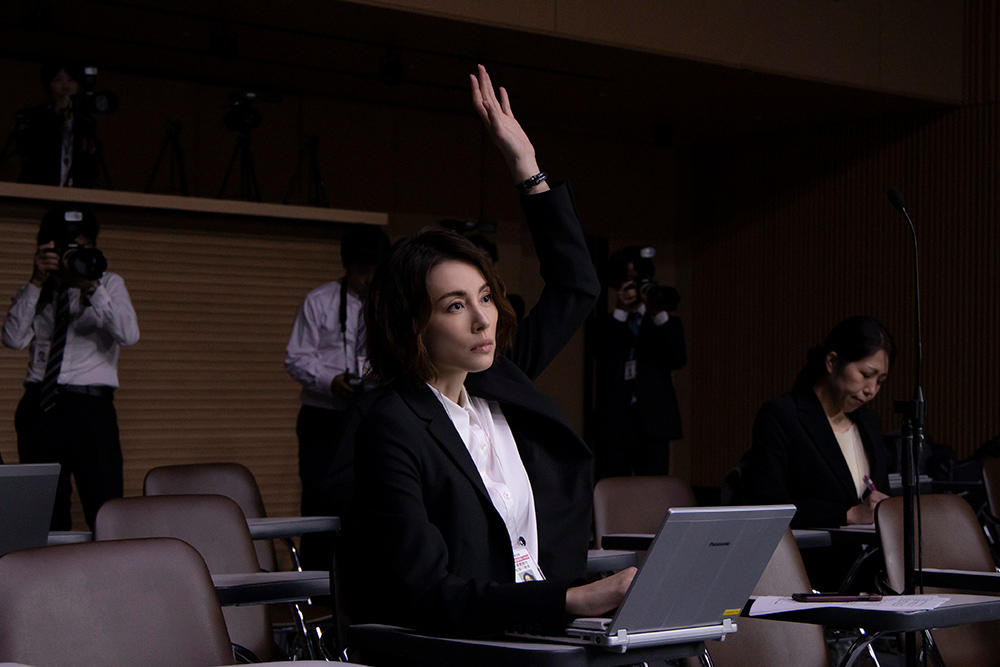![Director Michito Fujii of the Netflix series "The Journalist" talks about eras and generations. The key is “making it your own” [Director's Interview Vol.173]](https://cinemore.jp/images/aa7f08df682e29ca868df0fa0afe200888ecff5fa9a7f4cc797fa35f17d81a30.jpg)
Director Michito Fujii of the Netflix series "The Journalist" talks about eras and generations. The key is “making it your own” [Director's Interview Vol.173]
The idea of being “seen around the world” in the character name
Q: Personally, I think that Director Fujii's works have a universe-like element that becomes more interesting the more you watch them. There is a link to the movie and drama "The Journalist," and in "Avalanche," words like Tohto Shimbun, Cabinet Intelligence and Research Office, and "former secretary to a member of parliament who graduated from Tokyo University" also appear.
Fujii: That's right. Sometimes I put them in intentionally, and other times I realize it when an audience member points it out to me.
Q: In "The Journalist," Kinoshita Ryo's name is "Ryo," the same as the character played by Yokohama Ryusei in " Blue's Way Home " (18). Is Matsuda Anna (Yonekura Ryoko) connected to "Nameless One Piece: Anna" (21)? The title of this work itself overlaps with "Nameless One Piece" (14).
Fujii: "Ryo" is the name of my best friend, and I had a certain role in mind. As for Anna, I'll be honest, I wanted a name that would be easy to pronounce for people overseas to watch the show (laughs). I wanted a name that would be common to both Japanese people and people overseas, and that's when I decided on Anna.
As for the surnames, I took them from car manufacturers that people overseas would be familiar with, such as Toyoda, Suzuki, and Matsuda (laughs). As I put them there as temporary names, they gradually became more familiar. At first, there was also a character named Honda (laughs).

Netflix series “The Journalist” will be distributed exclusively worldwide on Netflix from January 13, 2022 (Thursday)
Q: So you were conscious of the overseas market share when naming the characters. I felt a "global perspective" in the production and development of the main story. It felt like watching a so-called overseas drama or Western movie.
Fujii: That's something I always want to keep in mind. Japanese audiences also watch foreign works, so I think our challenge is whether we can create films with the same or even higher quality than foreign works.
In this case, if you put in too much information, the information will increase, so I tried to be as unconventional as possible. For example, when watching foreign dramas that are not made for the outside world, you have to follow the subtitles and often feel like "Where should I look? There's a lot of information coming at me so quickly." I was very concerned about eliminating such things as much as possible and making the structure easier to understand.

